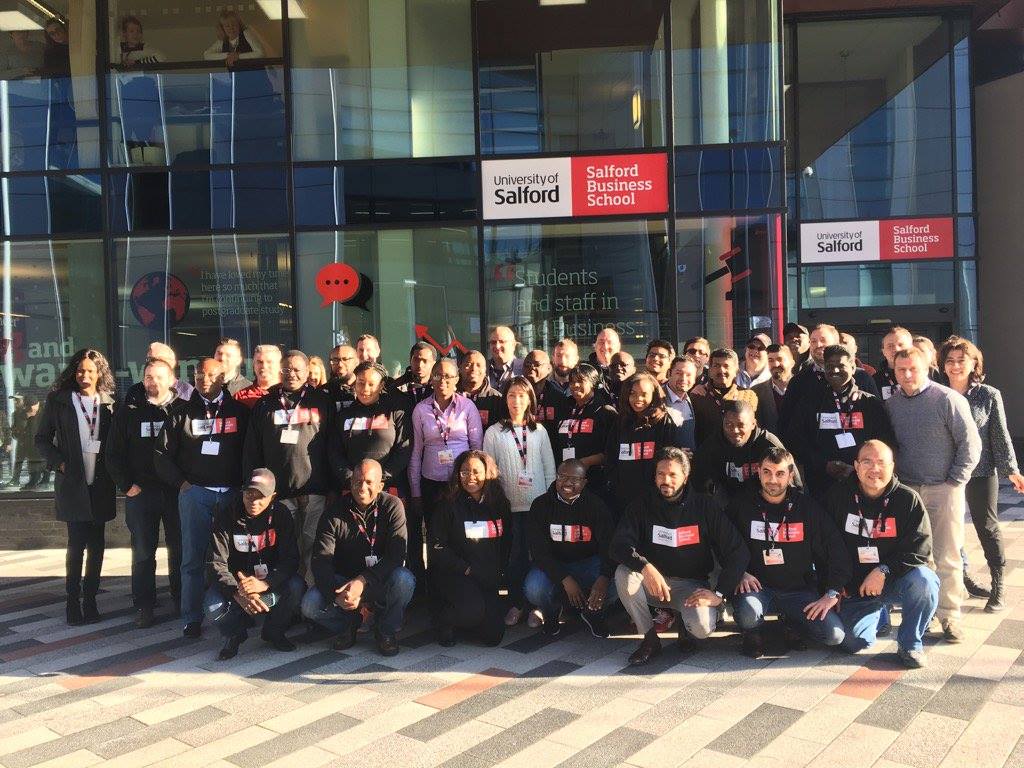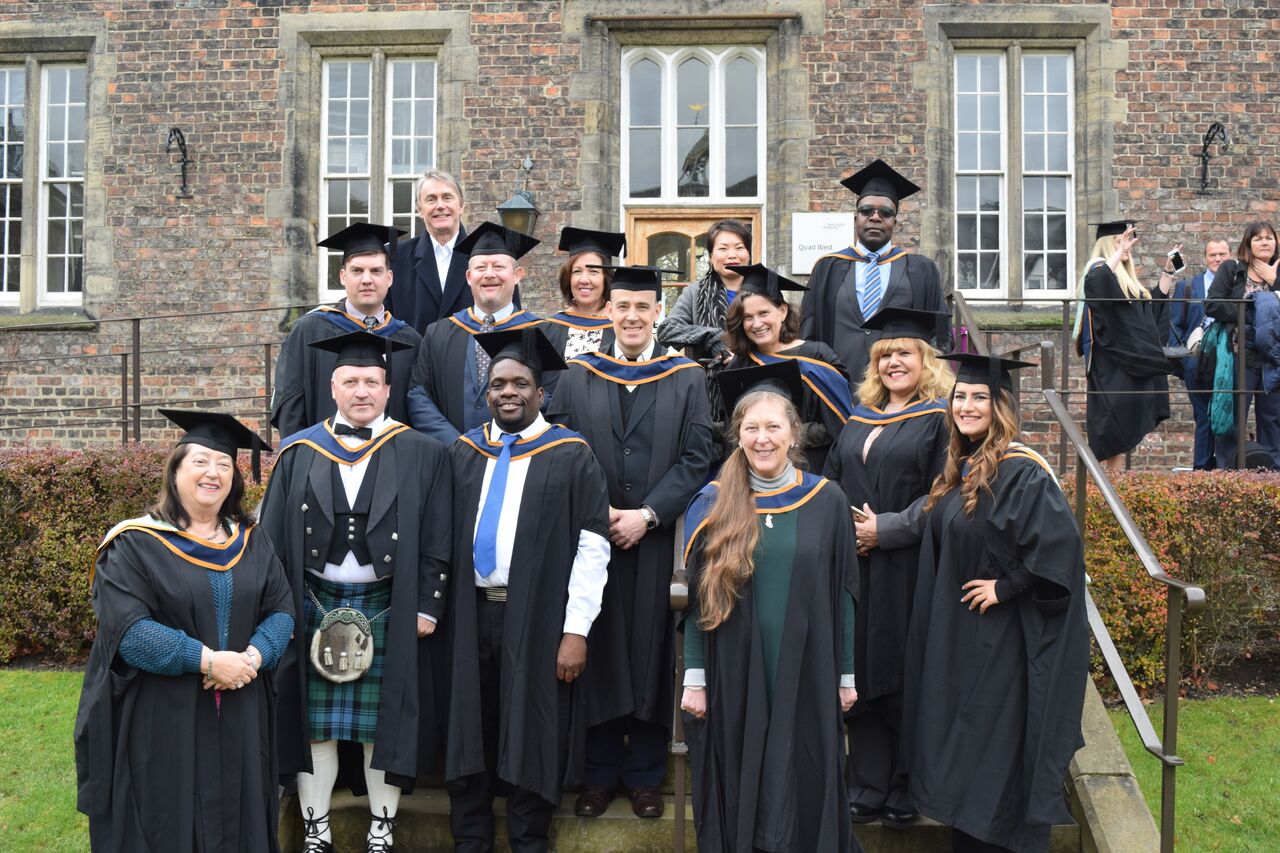
Embarking on the entrepreneurial journey is both exhilarating and daunting. It demands more than just a brilliant idea; it requires a set of specific skills that are essential for transforming that idea into a successful venture. Whether you’re a seasoned professional or a newbie contemplating your first startup, understanding and honing these skills can significantly impact your entrepreneurial success. Here are the top seven skills every entrepreneur should have:
1. Visionary Thinking
A successful entrepreneur doesn’t just see the world as it is; they envision what it could be. Visionary thinking involves the ability to anticipate future trends, recognize opportunities, and imagine innovative solutions. This skill helps you set long-term goals and navigate through the inevitable uncertainties of starting a business. Cultivating a strong sense of vision allows you to stay motivated and inspire others to join you on your journey.
How to Develop It: Regularly engage in strategic planning, study market trends, and immerse yourself in industry developments. Don’t be afraid to dream big and think outside the box.

2. Resilience and Adaptability
The road to entrepreneurship is rarely smooth. Challenges, setbacks, and failures are part of the process. Resilience is the ability to bounce back from these difficulties, while adaptability refers to your capacity to adjust your strategies in response to changing circumstances. Together, these traits enable you to persevere through tough times and pivot when necessary.
How to Develop It: Build a strong support network, practice stress management techniques, and stay flexible in your approach. Embrace failure as a learning opportunity and remain open to change.
3. Financial Acumen
Understanding the financial aspects of your business is crucial. This includes budgeting, financial forecasting, managing cash flow, and interpreting financial statements. Financial acumen ensures that you make informed decisions, avoid common pitfalls, and maintain the financial health of your business.
How to Develop It: Educate yourself about financial principles, consider taking courses on accounting and finance, and seek advice from financial professionals. Hands-on experience with financial planning can also be invaluable.

4. Leadership and Team Building
An entrepreneur is often the leader of a team, and effective leadership is key to building a motivated, cohesive group. Strong leadership involves not only guiding and inspiring your team but also making strategic decisions and fostering a positive work environment. Team building skills are essential for recruiting talent, delegating tasks, and creating a collaborative culture.
How to Develop It: Work on communication skills, learn about different leadership styles, and invest time in team-building activities. Seek feedback from your team and be open to improving your leadership approach.
5. Marketing and Sales Skills
Marketing and sales are the lifelines of any business. You need to effectively promote your product or service, understand your target market, and develop strategies to reach and engage customers. This involves creating compelling messaging, utilizing digital marketing tools, and mastering sales techniques to convert leads into loyal customers.
How to Develop It: Stay updated on marketing trends, experiment with various marketing strategies, and analyze your results. Networking with industry experts and attending workshops can also enhance your marketing and sales skills.

6. Problem-Solving and Critical Thinking
Entrepreneurs are faced with numerous problems that require innovative solutions. Problem-solving skills involve identifying issues, analyzing options, and implementing effective solutions. Critical thinking allows you to evaluate situations objectively and make decisions based on logic and evidence.
How to Develop It: Practice analyzing case studies, engage in strategic games or simulations, and approach problems with a structured methodology. Encourage feedback and learn from your problem-solving experiences.
7. Networking and Relationship Building
Building and maintaining relationships with customers, partners, investors, and other stakeholders is vital for business growth. Networking skills help you connect with influential individuals, gain valuable insights, and create opportunities for collaboration. Strong relationships can open doors to new resources and support systems.
How to Develop It: Attend industry events, join professional organizations, and actively engage in online communities related to your field. Focus on building genuine, mutually beneficial relationships rather than simply collecting contacts.

Starting and running a successful venture requires a blend of various skills. While no one is born with all these skills, many can be developed through education, experience, and perseverance. Assess your strengths and areas for improvement, and seek resources or mentorship to bolster your capabilities. By cultivating these top seven entrepreneurship skills, you’ll be better equipped to navigate the entrepreneurial landscape and turn your vision into a thriving business.
Are you ready to assess your skills and take the leap? The entrepreneurial world awaits your unique contributions and innovative ideas.

Check out the various Master’s programme we offer including Entrepreneurship and Innovation to kickstart or rocket-fuel your career growth: list of online bachelor/master/PhD programmes.
You can also chat LIVE on WhatsApp with one of our Education Advisors for more information on the application process, and the discounts we might offer.









